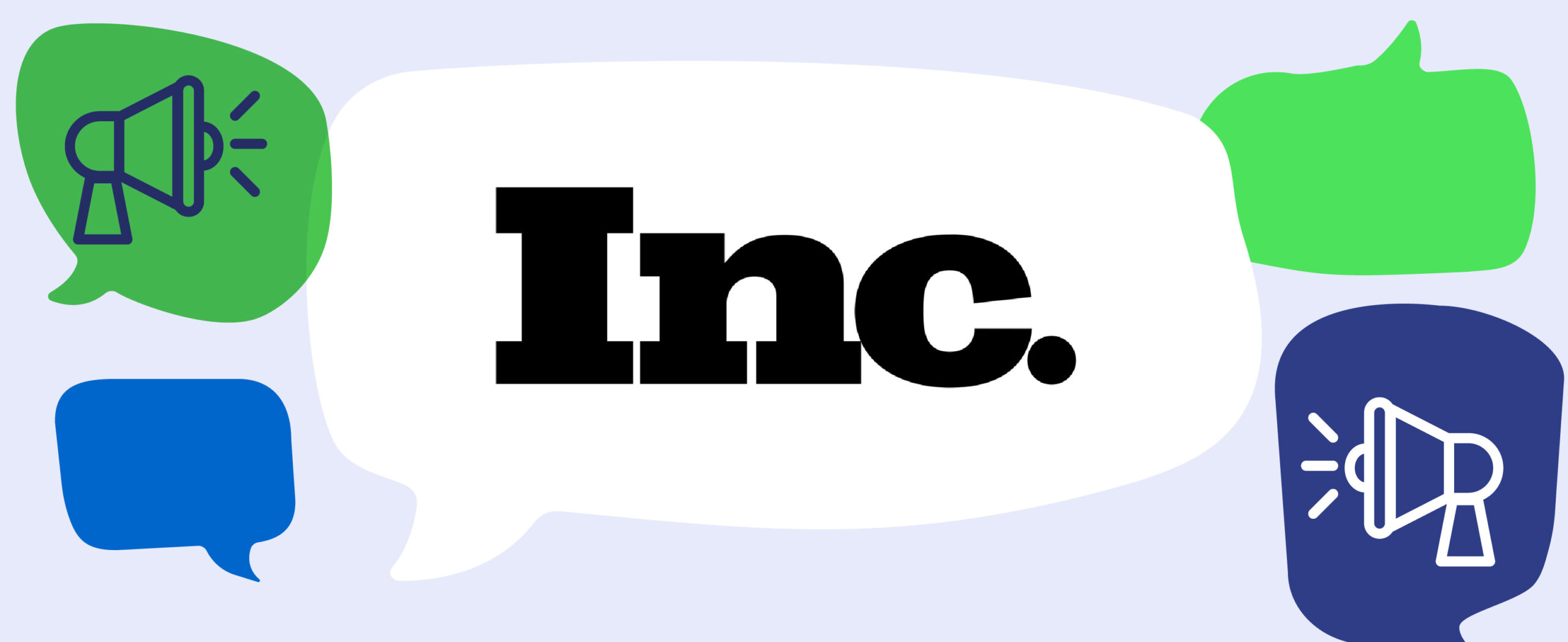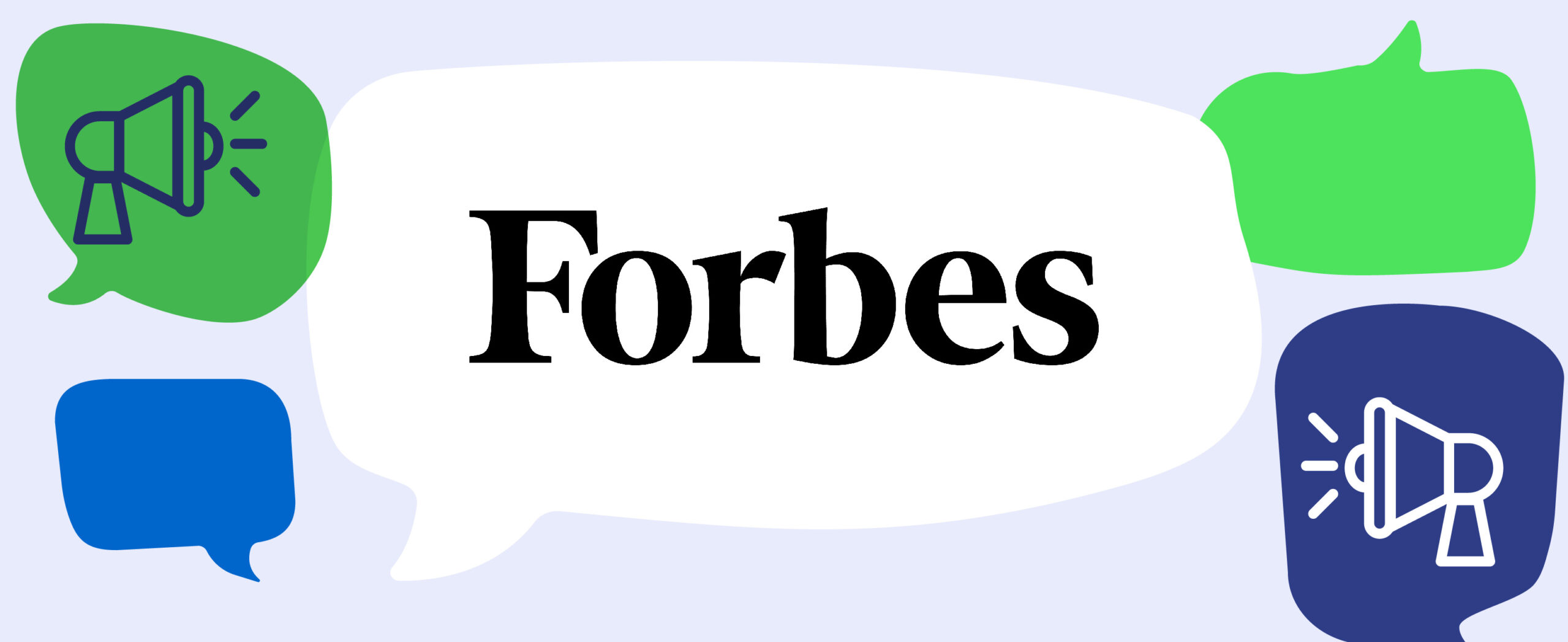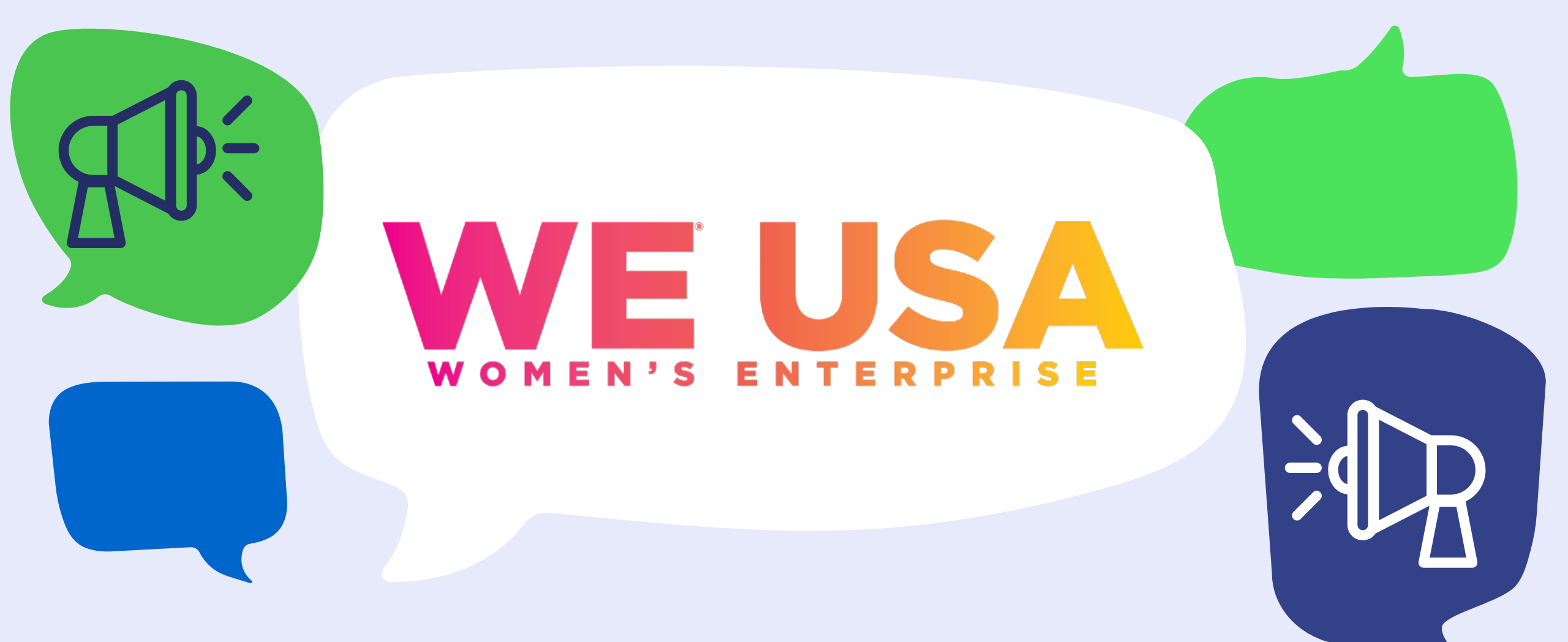By: Leslie Wilson
Did you know that nearly 1.3 billion people globally live with some sort of disability? The disability community includes people who are affected physically, mentally, intellectually, developmentally or cognitively, or by a combination of factors.
One in four U.S. adults has some form of disability, with the majority of these disabilities not immediately visible, such as dyslexia or autism. But many choose to keep their disabilities secret for fear of how others will view them.
Opportunity Knocks
While the unprecedented skilled labor shortage this country is experiencing creates challenges for employers across industries, it also creates a unique opportunity to further drive inclusion in the workplace. Now more than ever, people want to work where their contributions are valued—where diversity of thought is celebrated, and where they can be part of an inclusive culture characterized by a sense of belonging.
In order to stay competitive, companies across industries are thinking about hiring, developing and cultivating talent. They are prioritizing investing in their pipeline, minimizing biases, and being open-minded about who is qualified and more attentive to what a potential employee is looking for in their next role.
In fact, according to research conducted by Accenture, companies that champion disability inclusion report higher profitability and shareholder returns.
Some Companies Are Answering
According to the 2023 Disability Equality Index (DEI), spearheaded by the American Association of People with Disabilities (AAPD) and global nonprofit Disability:IN, more companies are taking steps to advance the inclusion of people with disabilities. Ninety-nine percent of survey participants say they offer flexible work options, and 93% encourage employees to self-identify as a person with a disability.
Jabil Inc., a global manufacturing company with more than 250,000 employees 30 countries, in 2022 had 24 company-wide programs aimed at fostering inclusion for people with disabilities.
Among Jabil’s best practices:
- Hosting workshops aimed at raising awareness around specific disabilities, to encourage employees to think about how their own day-to-day existence is different from others’.
- Teaching employees at certain sites sign language, to foster greater understanding of others’ needs and create greater opportunities for inclusion.
- Cultivating a pipeline of neurodiverse talent by addressing biases, increasing awareness about inclusive hiring processes, and partnering with organizations that can help them align job descriptions to the skills candidates already have.
- Partnering with local disability advocacy organizations to identify candidates with disabilities who may have the expertise required to meet specific hiring needs.



